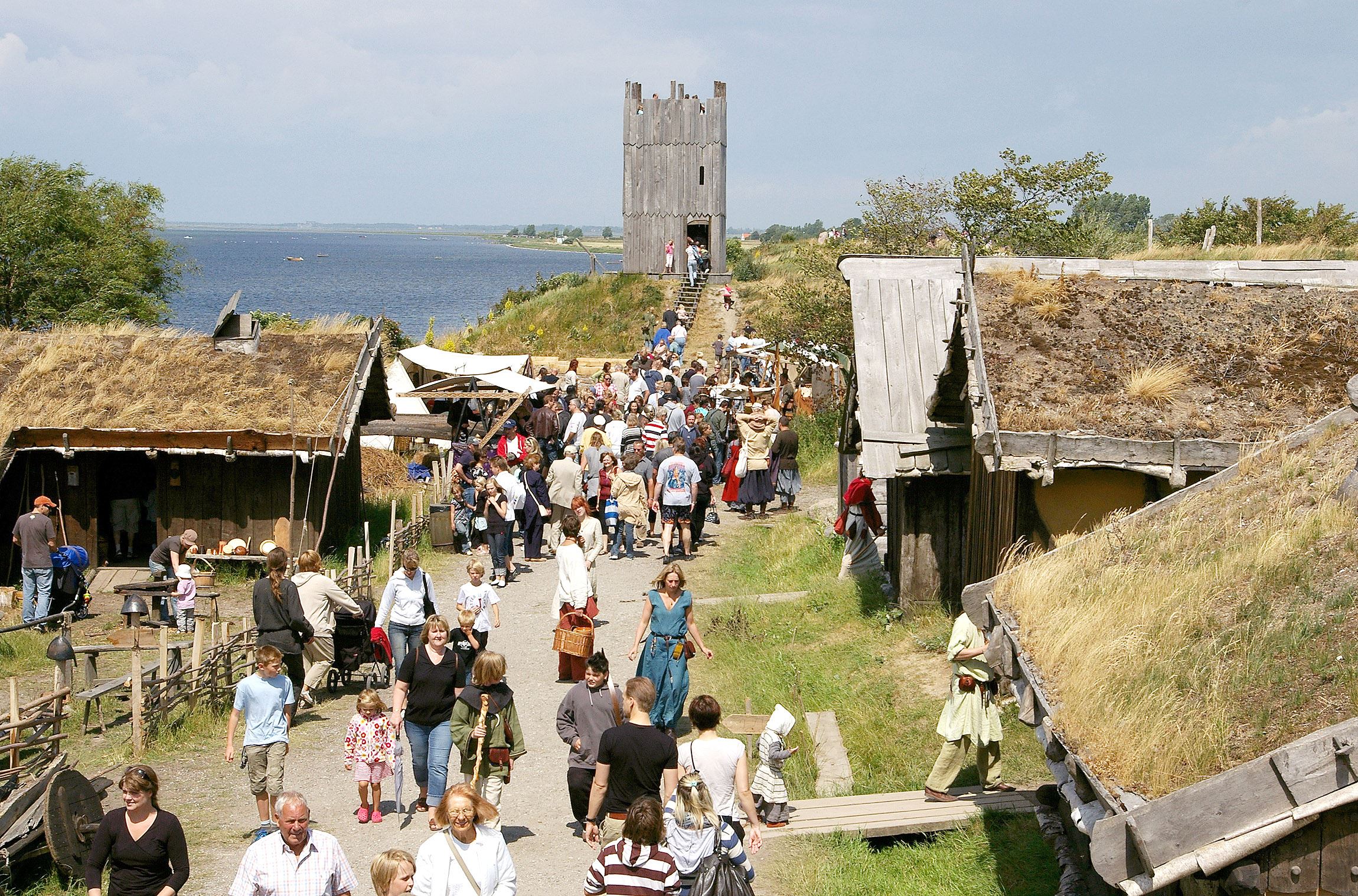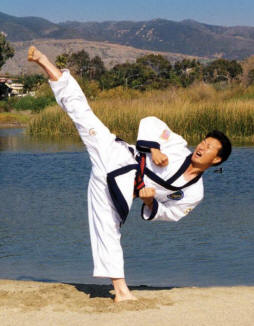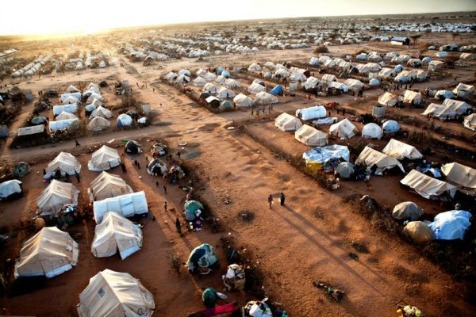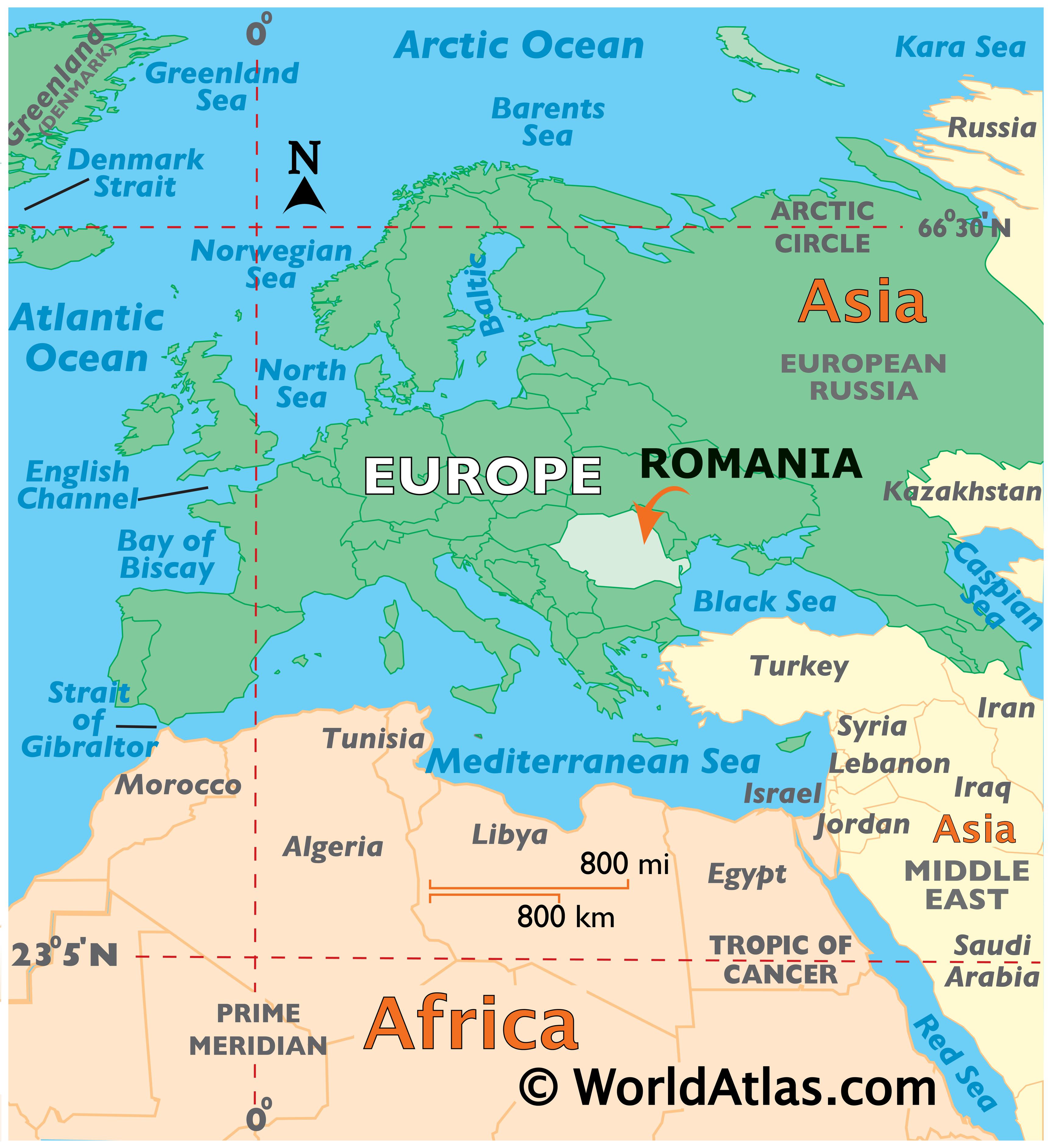Our high school student Austin Hildebrand has been homeschooled all of his life. He has used his heritage and interests to guide his learning. Here's his thoughts on his experience.
"Being homeschooled is by the far the best gift one can be given when it comes to their education.
I have been told that statement many times before, and I completely agree. Having the opportunity to have my lessons be structured around my interests made them more interesting and it took a lot of time and effort for that to be done for me.
But as a student, you have more freedom to do the things you enjoy, explore deeper into the things that you love or become obsessed with knowing about, and learn from the people you love most. Homeschooling is not just taught by your parents, but the entire family helps out. Which means that you get to spend a lot of quality time learning from your grandparents, parents, various other relatives, and family friends.
This is precisely the gift I have been given, and I am deeply thankful for every minute of it.
I have been homeschooled all of my years, starting from pre-school homeschooling. This year, I will finally graduate. Since we have been homeschooling for a long time now, my Mom lets me direct most of my own lessons now to make me learn time management and responsibility. I'll need those skills for college and in life, so she has just directed like a manager and gives reviews for most things. We still take time to do fun stuff too.
The furthest back that I can remember I'd say it was my Mom buying books that would be easy and fun for me to read because they were about Little Critter or Guinea Pigs. Then I read them daily to my pet guinea pigs. Reading to a pet is a good way to learn, and they love the attention too. I also used to read to my Great Grandmother plus do puppet shows for her while she was staying with us while going through Chemotherapy sessions. It was a nice way to spend time with her that the other grandkids didn't have. We would read together, put her feet in my movable sandbox (that we used to learn how to do archaeology digs in), put a cat or guinea pig on her lap, gave her some tea and muffins that I helped Mom make, then read. My Father was a puppeteer so I had my own puppet stage (a gift from my grandparents) and used puppets that he made for me.

I also used to create a lot of craft projects to put around the house, naturally, to make the house more interesting. Like creating an Elasmosaurus across the back of the couch out of papers that my Mom had set aside for me to draw on (recycling them from her work papers). Or making balloon animals for the Homeschooling County Supervisor when she was there to review my school year. She was impressed and took the balloon animals home for her grandson.
One of my Grandfather's would sneak out of work early so we could go to the movies together. It was a lot of fun and we often ate together after the movie and visited the Lego Store. He worked long hours and lived over an hour away, so going to movies was a way for us to spend time together. Mostly the movies were in the early afternoon, and for most kids that would have been school hours. Since I was homeschooled, we always adjusted our schedule and went while he was available. Homeschooling gives you the freedom to take breaks when you want to or need to.
I started to learn to cook small things with my Mom and my Grandmothers. Now I can help cook items for big family meals or holidays. What I love most is watching Japanese cooking shows and then trying to make them at home with my Mom. We are learning Japanese and cooking is a good way to learn their culture. All foods have meaning to the Japanese. They go by season, colors, presentation and what each part of that presentation stands for. I have tried a lot of foods I may normally not have tried because it was 'different'. My Step-Grandmother is Korean, so I have also been trying some Korean food and I'm enjoying that too. Also Chinese food, since my Mother liakes that also.
While we were learning World Geography, part of learning about each country, we would cook foods from it. Also read books from that country (at least folk tales), find movies about it or documentaries. My Mom runs a homeschooling cooperative, so she used to organize field trips that included a lot of cultural themes to them. We don't live in the Washington, DC area anymore, so it is harder to find as many field trip places to go in Iowa for cultural studies. A lot of that has to be done with virtual tours and watching Foreign News programs or documentaries.

As I mentioned, I'm learning the Japanese Language;
the culture, its history, cooking, music, and about its pop culture too. We have been focusing on Japanese for many years now. As a way to build listening skills, we often take a day or two and have an anime watching or Godzilla movie marathon. Complete with special foods, snacks, and quite often in our pjs. I try to listen to music from Japan and any time the Japanese Language is an option for a movie or program, I choose to listen in Japanese.
My Mom and I loved the Smithsonian National Zoo, so we used to go there frequently. Our favorites are the Tigers, Pandas, and Red Pandas first. Then we would spent a lot of time with the Capybaras, Naked Mole Rats, Wild Cavies, and Butterfly Garden, and enjoyed watching most of the small mammal house animals. We would spend the whole day wandering around the zoo, taking breaks when needed. My Father says that we adopted most of the zoo animals. Not quite true, but we did try our best. He admits that he enjoyed it too. We mostly adopted the Pandas so we could go visit the babies before they went on display. We'd go see them as often as we could get tickets for and take people with us since we could get a few extra tickets. The Polar Bears were at the other local zoo, we didn't go there as often. We also went to the Philadelphia Zoo several times and once while there, we saw a Naked Mole Rat giving birth to babies. That was the craziest thing we'd ever seen. She would literally kick them away from her as soon as they were born, other members of her family would drag them off to a safe area. It was shocking to see, but still one of our best zoo animal stories to share. The Smithsonian National Zoo was the zoo that we spent the most time at over the years. Sometimes my Father would do puppet shows for the 'Boo In The Zoo' special event fundraiser. One of the puppeteers from his puppet company had worked as an Intern at the zoo during high school, so he helped get our homeschooling group a special tour with all kinds of extra activities.
We also did special field trips like: a Pirate Boat Adventure, musicals at a special Children's Musical Playhouse, park play dates, toured factories and a recycling center, organized lunch get-togethers with other homeschool families, attending puppet shows of other puppeteers who were friends of ours (other companies) like Dinorock. Dinorock used to let all of us touch the puppets and would explain how they worked. Plus answer endless questions from our homeschooling group about the types of dinosaurs. Often people from other countries would be at the shows and allowed backstage also to see the puppets. It was always fun to hear all the languages spoken, knowing they were expressing amazement and saying the same types of things we did. You didn't have to understand the language itself to know the joy and fascination that the puppets brought to them. The University of Maryland also had a special Henson Puppet and Creature Workshop Exhibit. Since my Dad's boss had been friends with the Henson's, we got a special showing of the Exhibit and were allowed to ask questions. My Dad helped create a puppet display for the Smithsonian Museum. Puppets have been a huge part of our life and they opened the way to many amazing opportunities and experiences that most people would never have a chance at. Performing Arts is a huge part of my life and has taught me a lot of life skills that will help me in the future.
I used to go to work with my Dad some days too. Sometimes he would be training new people and I'd go to help tell them if they were doing the lines right and where their puppets were looking. Other days I'd go to the schools with him and help set up, watch the show, then help break down the show, clean up and load the boxes back into the van. One summer I worked with him while out visiting. Now I am working with my Mother on doing gigs on Fiverr.com. I'm learning pet photography and using the staging skills I learned from working with my Dad. Now I also learned prop design, lighting skills, set design from my Dad. I get to use it with my Mom now and am learning a new version of it since the stage is smaller and the puppets are squirmy pets. You also have to learn bribery. Food bribes work wonders with the models. Cranky models can make you miss a work deadline. You also have to be quick at taking pictures. I've learned how to crop the pictures and create files to deliver them in.
For my Senior Year School Project, I am learning to build a website. With this website I plan on blogging about gaming and homeschooling. Eventually, I'd like to start a live stream channel too. In learning to build the website, I am studying coding, concept skills, how to install apps to make the page more user friendly and interesting, also how to blog. Blogging is harder than it sounds. You have to stay interesting to your readers, and do it frequently.
We have some Native American Heritage, so we used to go to Pow-Wows as much as we could. It
takes time to travel to them from Iowa, so we haven't been to one in a few years. They are very colorful and highlight a different Native Group each year. We have learned a lot about their crafts, culture, history, and our connection to it. The meaning of the outfits for Ceremonial Dances is very interesting too. Just like Japanese Ceremonial Dances or celebrations, each piece has a meaning in an outfit and the way in which the dance is done, plus the intent that you are trying to accomplish with the celebration. We notice that there are a lot of similarities in Japanese Culture and Native American Culture.
"Makes it easier to understand and respect when it isn't something new, but already a piece of yourself, just from another country's viewpoint."
We also have German Heritage, so I started to learn German Culture, History, and the language. But stopped for now while I focus more on Japanese. I'll get back to it someday.
Since we lived in the Washington, DC area for most of my life, politics is the local news. So I learned Government during my Freshman year of High School. There was so much going on that it was better to learn and understand all the important things rather than wait until this year to do it. That is a good thing about homeschooling, you can be flexible with when you learn certain subjects too. I also find watching Foreign News really gives you a new perspective of what is going on in American Politics. Also how it affects so many other Countries financially. Watching how the World reacts to our Country's decisions is really amazing.

Another thing I love about homeschooling is that we have had the opportunity to really get to know our pets. I frequently have a hedgehog on my lap or near me when I'm writing or reading. Our guinea pigs try to eat books and get wiggly, so I'm trying to train them to do tricks along with their modeling jobs. Each one has a different personality and needs. Over the years my Mom has let me have a wide variety of pets and bug projects. Anything from Triops, hermit crabs, guinea pigs, hedgehogs, cats, dogs, ghost crabs, hatching butterflies and various other bugs, and fish to just collecting bugs from outside to study. I remember going to the park for a hike when the frogs were spawning. Everything moved. There was barely any place to walk that wasn't moving because of a frog. It was a Nature Center that I took monthly classes at but we also hiked and had picnics there a lot. It was also a great place when the cicadas hatched out to catch them and see all the eye colors. Certain eye colors were special and the Nature Center wanted you to bring them in so they could document them. Often we used to go for picnics while homeschooling and then play there while the dragonflies and butterflies were abundant. At the Nature Center close to our house here, we helped catch and tag Monarch Butterflies. Learning about how and why the Government tags them was interesting.
I think that being home has also taught me a lot of life skills that I will need. I have chores I do around the house, but also my Mom has made me learn how to properly take care of myself and any pets. One of my Grandfather's is teaching me to drive. I just need to be more motivated about it. I know it is an important skill to have, especially while living in Iowa. You can't depend on Public Transportation here, and towns are farther apart so you have to really know how to drive yourself. I'll get there.
Since I'm in my last year of school, I have to really focus on learning things that will prepare me for college and living on my own, along with my other classes. Before they were just fun parts of our day to do together, but now I know I really need to focus more on doing those jobs well so I can take care of myself and help my Mom out more. My Grandmother said she will teach me to do other life skills like canning fresh vegetables and fruits, plus jellies. I have helped in the past, but she wants to show me how easy it is to have good food around that doesn't have all the preservatives in it. We love to garden, so both of my Grandmothers can and freeze what we don't eat right away. This has been a normal part of my life, so it is good to know how to actually do it on my own so I can help out more.
I know I wouldn't have had a lot of these kinds of memories if I'd been stuck in a classroom all day. I'd have other memories, but these fit my personality and I've had a lot of fun learning from my family and spending so much time with them.
I've been allowed the freedom to grow at my own pace and to dig deeper into subjects that I really like. Really digging into a topic or hobby was not looked upon as me wasting time. Instead, I received continued encouragement to spend time on things that I enjoyed. I still got everything done, just at my own pace and in my
own way. It has made me into a very good problem solver and a creative person. I like that about myself. I think they are good traits to have for future employment and in general for life."
 In the past month, night and day, all I have been doing is preparing for my California High School Proficiency Exam, or C.H.S.P.E. for short. If you know anything about me, and my way of thinking, you know that I think standardized testing is completely ridiculous. Spending hours upon hours, memorizing complex formulas to be tested on, only to go home and forget them, and if in anytime in my life I just so happened to need this particular formula, I google it. Now as I was trying to rationalize standardize testing this past week, I fell down a rabbit hole and found out some things I had no idea about, which just proves the validity of my opinion on these tests even further.
In the past month, night and day, all I have been doing is preparing for my California High School Proficiency Exam, or C.H.S.P.E. for short. If you know anything about me, and my way of thinking, you know that I think standardized testing is completely ridiculous. Spending hours upon hours, memorizing complex formulas to be tested on, only to go home and forget them, and if in anytime in my life I just so happened to need this particular formula, I google it. Now as I was trying to rationalize standardize testing this past week, I fell down a rabbit hole and found out some things I had no idea about, which just proves the validity of my opinion on these tests even further. 




















